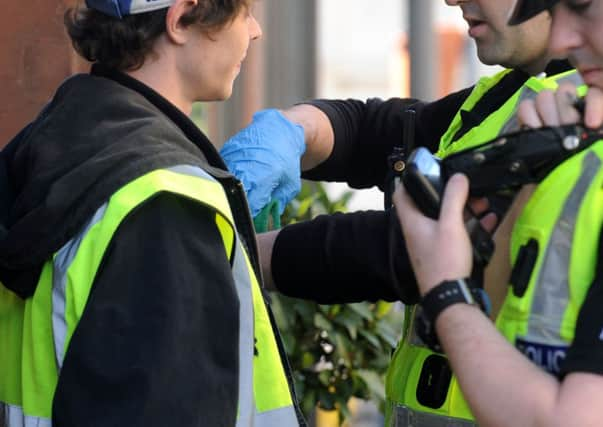Comment: Stop-and-search has no legal basis


Our right to a private life is protected by the Human Rights Act 1998 and Article 8 of the European Convention on Human Rights.
Police in Scotland already have a number of statutory powers to stop and search people, for example when they have a reasonable suspicion that someone is carrying weapons or drugs. Non-statutory stop and search – sometimes referred to as consensual or suspicion-less stop and search – is a different matter. These searches take place without a clear legal framework – the Scottish public, through the Scottish Parliament, has not given such a power to the police. The continued use of this practice is particularly concerning when it comes to stopping and searching children and other vulnerable people who cannot be expected to understand their rights and give consent.
Advertisement
Hide AdAdvertisement
Hide AdThe whole practice is therefore open to legal challenge. In the Scottish Human Rights Commission’s view, any such challenge would be likely to succeed. That is why we have been encouraging Police Scotland to take proactive steps to strengthen the legal framework within which all stop and searches take place. This would help avoid a situation where emergency measures would be needed following a successful legal challenge – that would be an unnecessary and unhelpful way of solving the problem.
Through its engagement with the Commission and other partners in Scotland’s National Action Plan for Human Rights, Police Scotland made a commitment in December 2013 to ensuring legality in the use of stop and search. We are therefore pleased to see progress towards implementing this commitment.
The Commission would like to see greater understanding and accountability for human rights embedded throughout the wider culture of policing in Scotland and will continue to work with Police Scotland and others to achieve that.
• Professor Alan Miller is chairman of the Scottish Human Rights Commission